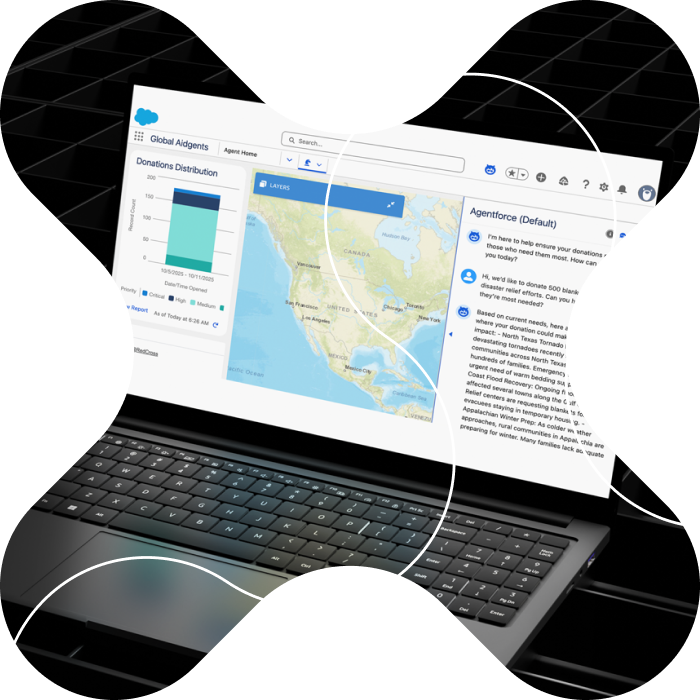Software engineer, web developer, app developer. These are the traditional jobs that come to mind when you think about professionals with programming skills. But the options are endless for those who know how to write good code: UX designer, data scientist, marketing manager, business intelligence analyst, quality assurance specialist, and product manager, to name just a few.Code writing offers meaningful benefits beyond technical skills-building. They are, for example, associated with problem-solving and critical thinking. Remember, too, that coding involves language and communication.Today, the field is full of highly skilled programmers. But it has become clear that extensive experience isn’t necessary to become a strong code. According to Stack Overflow’s 2021 Developer Survey, 50% of developer community members have been coding for less than a decade, and more than a third have less than five years of experience.Of course, it’s not enough to simply write code — you want to write good code.
What defines “good code”?
There is no clear consensus on what good code actually means. Generally speaking, however, quality code is:• Thoroughly tested and debugged — otherwise known as clean• High-performance• Sustainable and maintained• ReadableOf course, different developers will offer different perspectives on this.
15 tips for writing code
1. Use intuitive, descriptive names.
The names of functions, variables, classes, modules, and other elements should be as descriptive as possible. They should have meaning behind them so you know exactly what they are and what they’re supposed to do and convey how they should be used.
2. Keep functions simple.
Don’t try to do too much with your functions. Keep them simple, ensuring that they complete the assigned task and only the assigned task. Remember that the very purpose of functions is to do a single thing — and do it well.
3. Make it readable.
Your code should be clear and easily readable. Pay attention to syntax, but also focus on features like whitespace, line breaks, and other qualities that help your code appear clean and well-formatted.
4. Turn to programming communities.
No matter what language or tool you’re learning, programming communities — developers of a wide range of skillsets and ability levels — are a wealth of support. They can help you with problem-solving, solutions, troubleshooting, and much more. Plus, they can inspire new ideas and approaches, too.
5. Look at existing code.
Existing code from professional, expert programmers is a wealth of information and insight for newbie developers. By delving into the inner workings of others’ work, you will be able to unpack the how and why behind it. Check out resources like Github, where many developers post their work, to get started.
6. Research appropriate tools.
There are many different types of tools that facilitate easier and higher-quality development, such as frameworks and libraries. And it all starts with choosing the best language for your project. Research the best tools by reading blogs, articles, and books and listening to podcasts — they will help you determine what to use.
7. Focus on maintenance and sustainability.
Good code is sustainable code — code that has longevity. You don’t want to create something that becomes obsolete immediately. Instead, it should be durable and long-lasting. As you build your project, have sustainability in the back of your mind. Think about how you will maintain and update it.
8. Be consistent.
Consistency is critical for writing code. Make sure you’re adhering to strict standards throughout your project, whether you consult a particular style guide or create your own set of guidelines. The structure, syntax, and other elements should be consistent throughout the code.
9. Limit comments.
Comments are a common way for developers to clarify or explain particular segments of code, their purpose, their use, and so on. But too often, they are overused. And they can cause confusion.Instead of automatically writing a comment, consider why you need it in the first place. Is the code itself unclear? If so, rather than adding a comment, you should go back to the code and fix what’s wrong. Or, perhaps this can be resolved with a descriptive name instead.
10. Write unit tests.
Unit tests are NOT a waste of time. They are critical to ensuring that you’re on the right track and that your code is clean and as free of bugs as possible. And it’s not just about eliminating errors — it also helps you assess usability, flexibility, sustainability, and other qualities. Moreover, unit tests allow you to address problems before they escalate, enabling you to catch them early on.
11. Compile strong documentation.
Documentation is important for understanding your code, as well as helping you out in the future. Think of it as a sort of guide for you to follow, a how-to that will allow you to repeat your process and establish your own best practices for additional projects.
12. Get rid of extraneous code.
In creative projects, people will often tell you to “kill your darlings.” This applies to coding, too, which, at the end of the day, is really a creative endeavor. You may be attached to particular lines of code, but if they’re not adding something to your project, then they’re actually detracting from it — and they need to go.
13. Ensure you have solid architecture.
When you’re just getting started, turn to existing architectures so that you’ll have a strong structure in place. Make sure you do your research to figure out which one is the best for your particular project. This will help you reduce errors and inconsistencies.
14. Stay organized.
Here’s a tip that goes for any project you undertake: stay organized. This is a critical soft skill that will enable you to keep track of your tools and materials, map out your needs and steps, and otherwise eliminate complications — thus facilitating a more streamlined process.
15. Know the industry trends and news.
In the software world, things are constantly in flux. You simply can’t count on things staying the same because they won’t. As a programmer, you must keep learning and growing in order to stay up to date. Read about news and goings-on in the industry, look into blogs, articles, and other resources, as well as communicate with other developers to understand the trends and changes.At Nearsure, we know how to write good code — it’s in our DNA. When we partner together, we will work with your team, integrating seamlessly to bring your project to fruition, leveraging both of our skillsets for a fluid development process.





